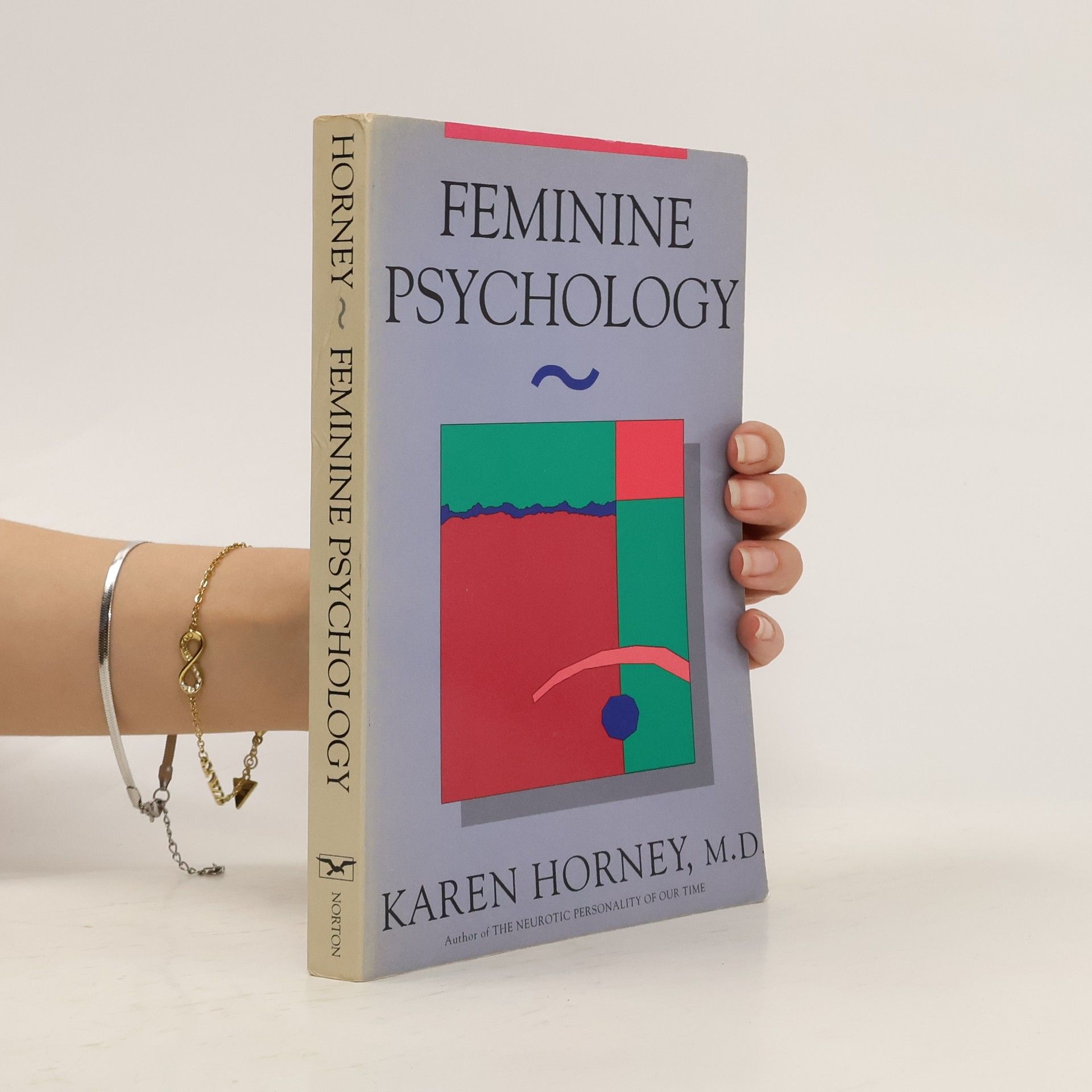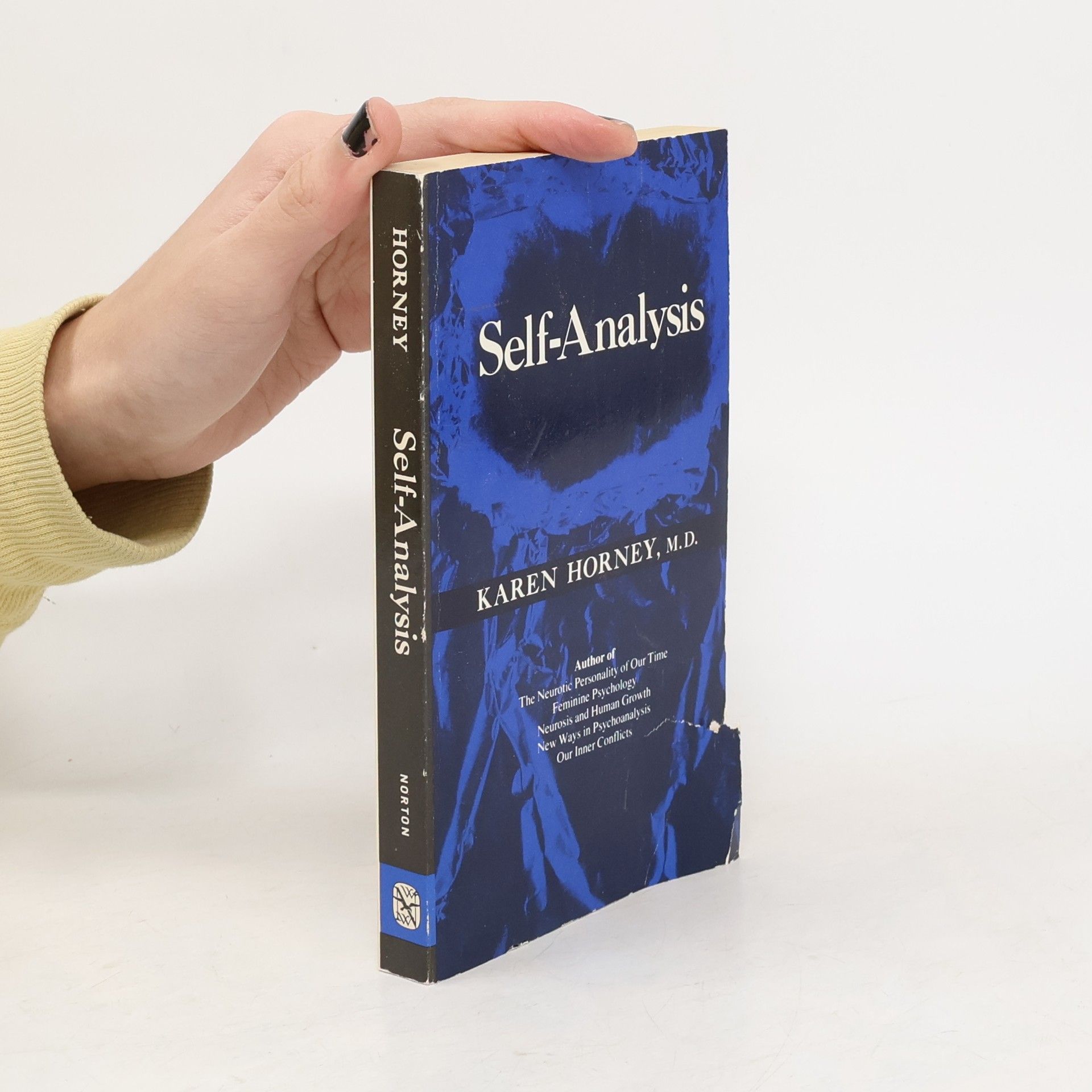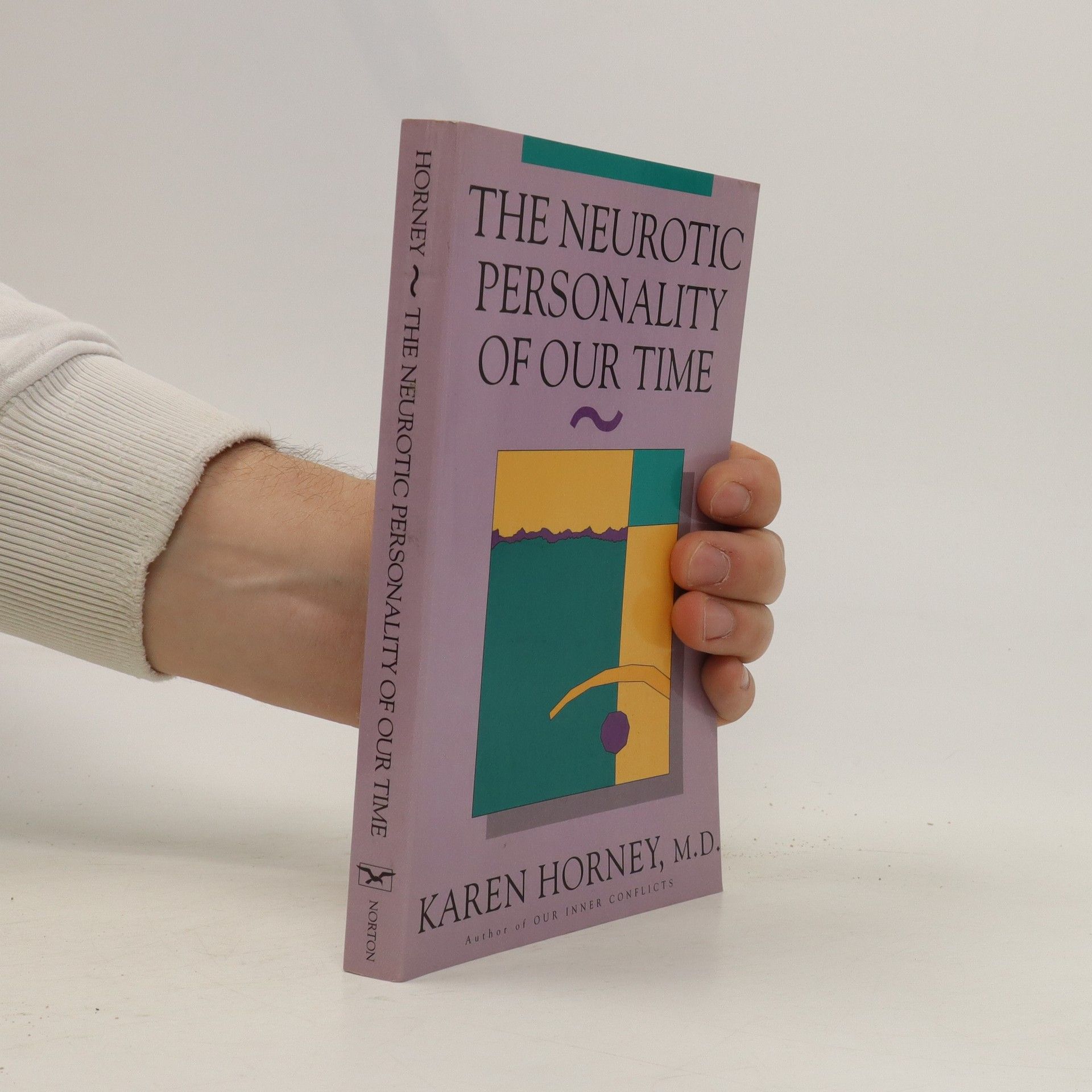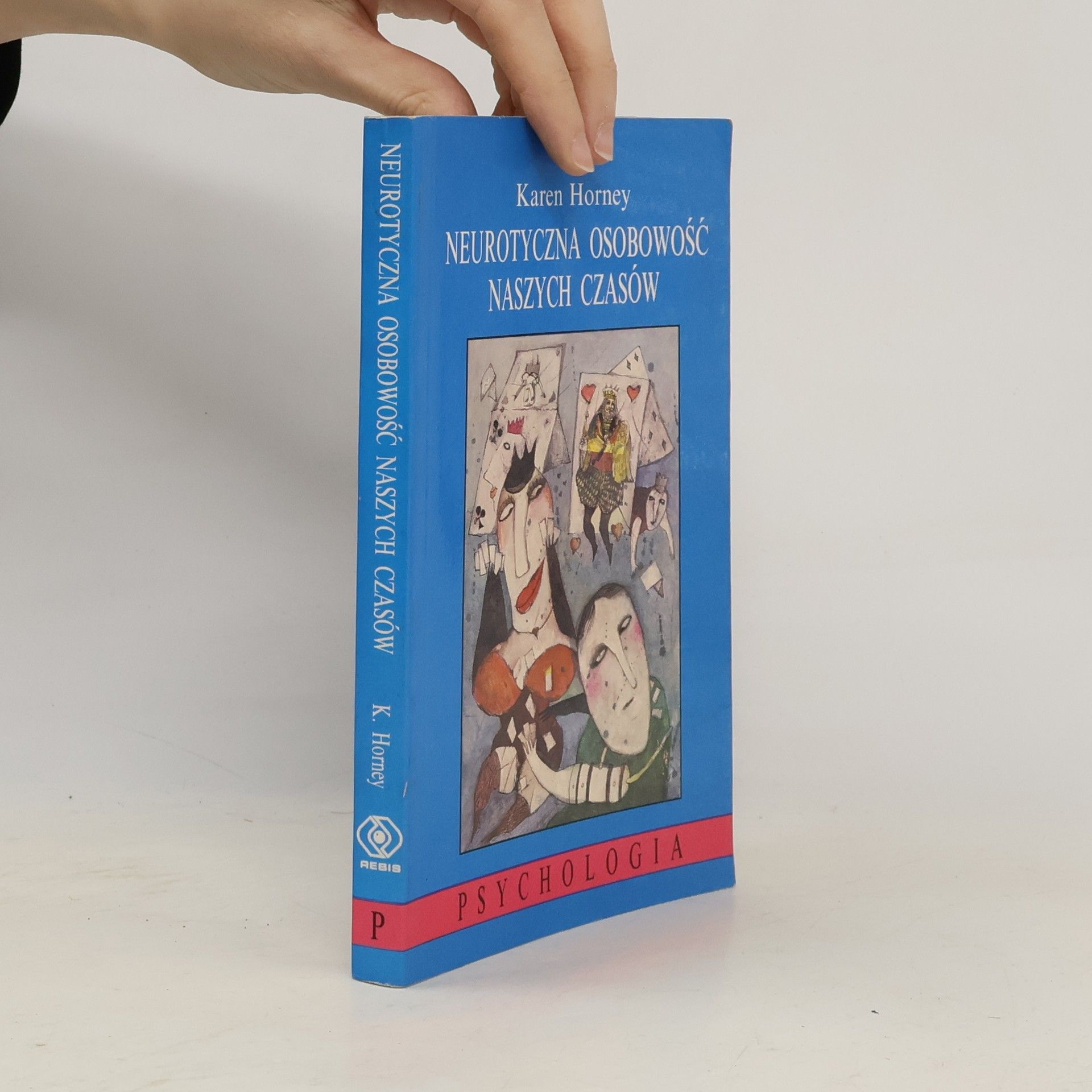Neurosis and Human Growth
The struggle toward self-realization
One of the most original psychoanalysts after Freud, Karen Horney introduced concepts such as alienation, self-realization, and the idealized image, emphasizing the role of culture and environment in psychoanalysis. Born in Hamburg, Germany, in 1885, she earned her medical degree from the University of Berlin in 1913. Horney studied psychiatry at Berlin-Lankwitz from 1914 to 1918 and taught at the Berlin Psychoanalytic Institute until 1932. She participated in significant international congresses, including a discussion on lay analysis chaired by Freud. In 1932, she moved to the United States and served as Associate Director of the Psychoanalytic Institute in Chicago for two years. In 1934, she joined the teaching staff of the New York Psychoanalytic Institute and later co-founded the Association for the Advancement of Psychoanalysis and the American Institute for Psychoanalysis in 1941. In her work, Horney examines the neurotic process as a deviation from healthy growth, detailing stages of neurotic claims, inner dictates, and the solutions individuals adopt to manage conflict through emotional attitudes like domination or dependency. Her insights reveal the forces that influence personal potential. This 40th Anniversary Edition features a new preface by Stephanie Steinfeld, Ph.D., and Jeffrey Rubin, M.D.









